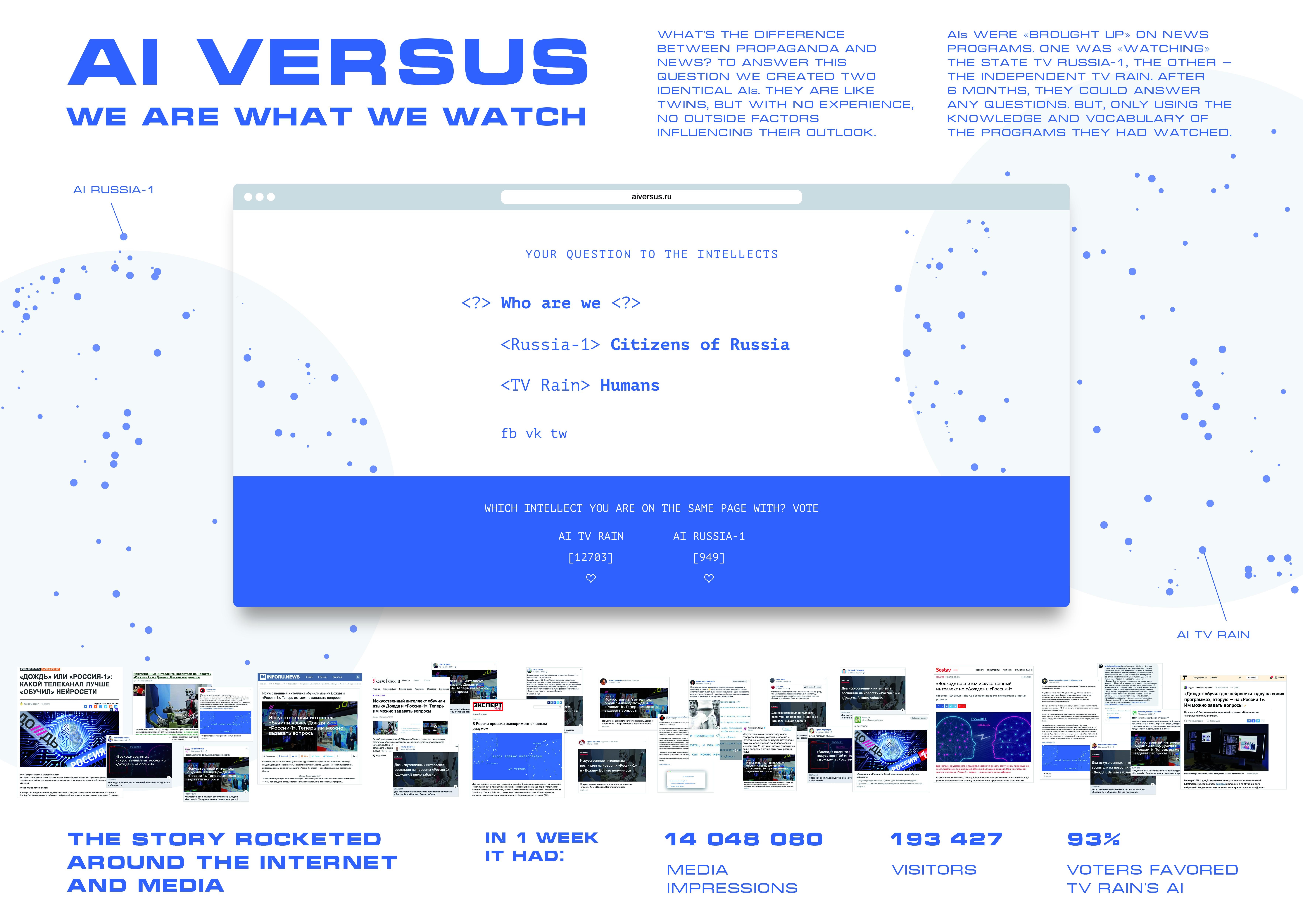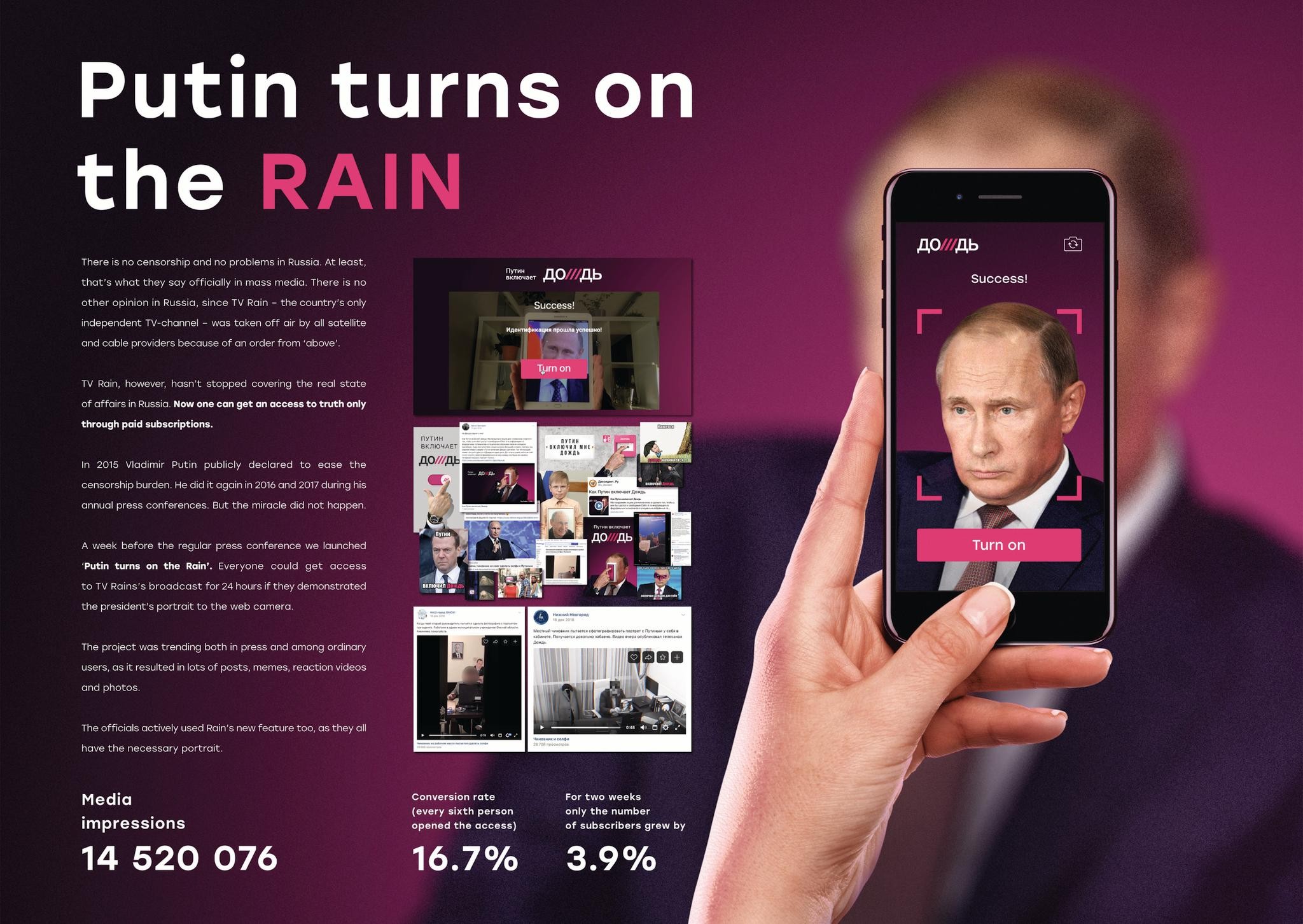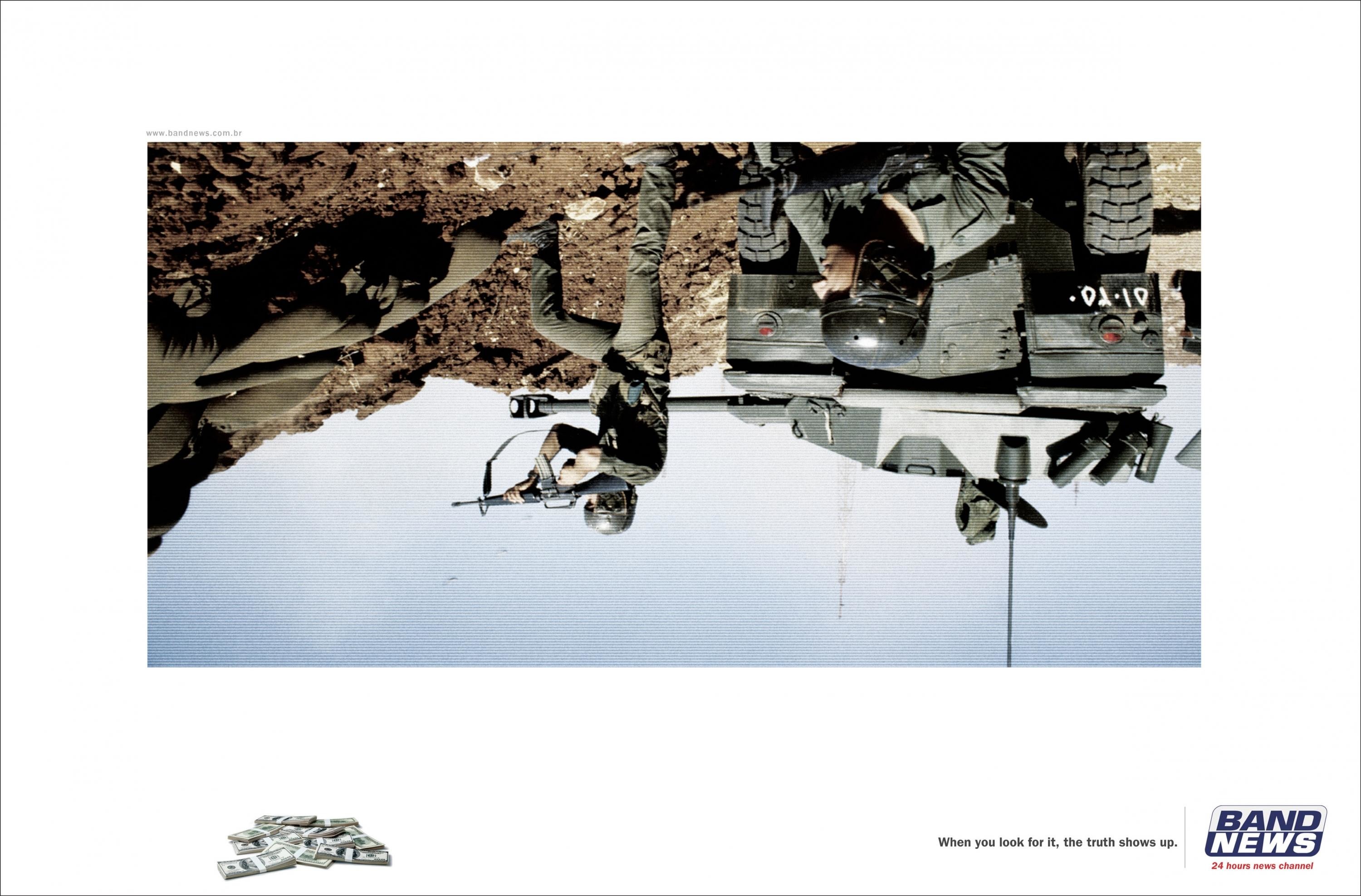Eurobest
AI VERSUS
ISD GROUP, Kiev / TV RAIN / 2019
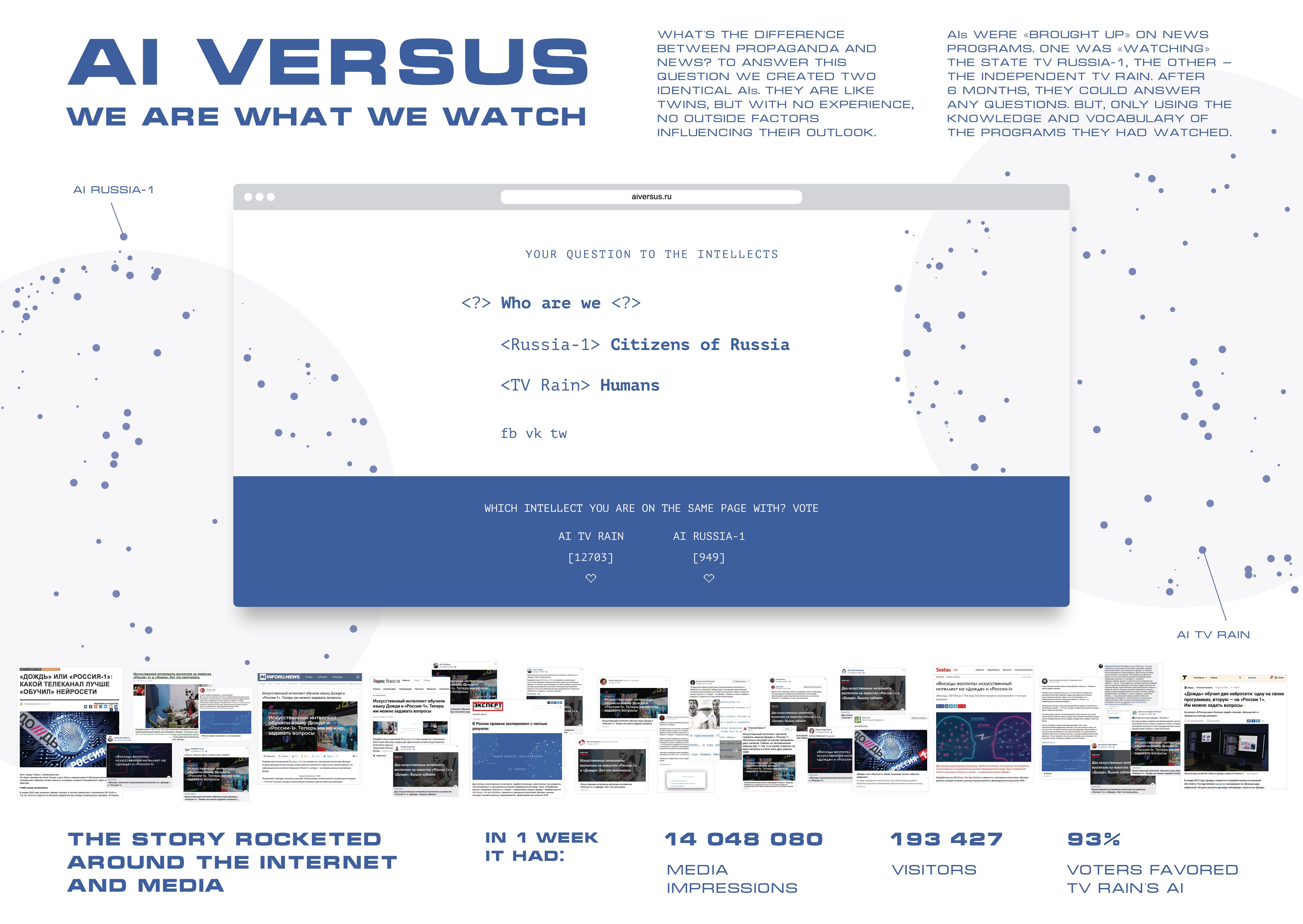
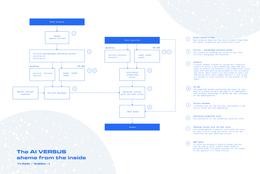
Overview
Entries
Credits
Overview
Idea
The media landscape of Russia is monopolized by the government. Russia-1 channel – the key figure in this monopoly – uses propaganda techniques to influence the worldviews of Russians. TV Rain on the contrary is the only independent liberal media that gives its audience many different perspectives on life in Russia and abroad. To demonstrate a subtle difference between the news on both channels and how they affect people worldviews we created two pristine AIs. They were like twin kids who didn’t know anything about this world and had no life experience. Their minds were pure, so we brought them up on the news programs of Russia-1 and TV Rain channels respectively. In six month each AI had its own worldview formed through the lens of the media it was watching. The differences in their worldviews and vocabularies proved one thing. We really are what we watch.
Execution
Our main challenge was to build a pristine AI without a huge dataset it could have been trained with. Although, AI creation usually requires gigabytes of data, while we had only six months of daily TV news programs at our disposal. So we had to find a new solution for this task. Experimenting with different technologies, we came up with the multilevel AI solution. It includes several key technologies: Google word embedding technology word2vec (a neural network trained to reconstruct linguistic context of words), a Microsoft R-NET neural network (neural network model for reading comprehension style question answering, answers questions from a given passage) and the state-of-art neural network algorithms for speech recognition, Google Speech-to-Text. A combination of different neural networks allowed us to structure the incoming data from TV channels into the multidimensional vector space of AI ‘brain’ and find the most relevant answer to user questions in it. When asking a question user became a participant of the experiment, because the answers to questions are unpredictable and depend on how exactly a question is asked. This individualized interaction between users and the AIs led to increasing engagement. It is almost as if users found themselves in a room with two ‘Mowglis’, that were brought up not by the wolves but by the news programs. Of course people asked AIs all sorts of questions and were eager to share the results on social media. These posts brought thousands of new visitors on our website. In one week 193000+ of people talked to the twins and asked +2.5 millions of questions. The answers of neural networks fully illustrate the difference between the vocabulary and the content of the state and the independent TV channels.
Similar Campaigns
12 items
